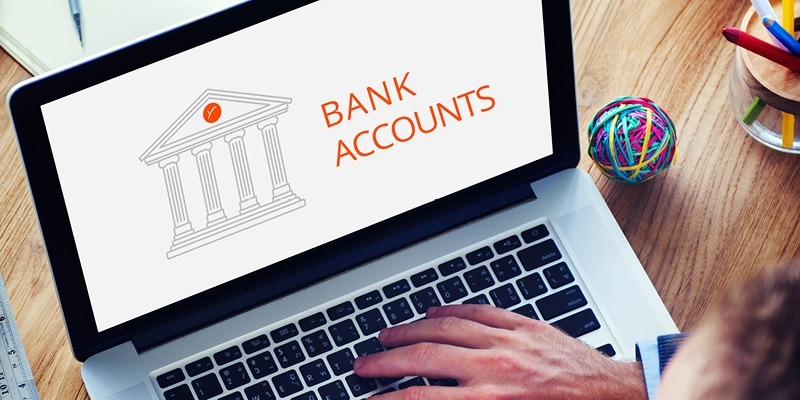
One of the easiest ways to alleviate financial stress is to open multiple bank accounts and use them accordingly. It’s perfectly acceptable to have multiple bank accounts for budgeting. But how many bank accounts is enough, and how many is too many?
The answer to the number of accounts you should have depends on your situation! Most people are fine with just a few bank accounts at first. As your needs change, you might find that it’s easier to budget your money with more accounts. Keep reading below to find out what those accounts are and how to use them.
Editor’s Note: If you are interested, be sure to check out these promotions from other banks such as HSBC Bank, Chase Bank, Huntington Bank, Discover Bank, TD Bank, BBVA Compass Bank or CIT Bank.
 | BMO Bank Checking: Open a new BMO Smart Money Checking Account and get a $350 cash bonus* when you have a total of at least $4,000 in qualifying direct deposits within the first 90 days. Learn More---BMO Checking Review *Conditions Apply. Accounts are subject to approval and available in the U.S. by BMO Bank N.A. Member FDIC. $4,000 in qualifying direct deposits within 90 days of account opening. |
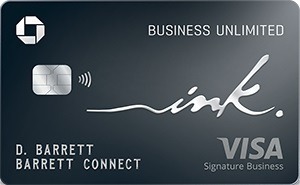 | Chase Ink Business Unlimited® Credit Card: New cardholders can enjoy a welcome offer of $750 bonus cash back after you spend $6,000 on purchases in the first 3 months from account opening. Click here to learn how to apply--- Review |
Accounts for Spending
Most people know they need at least a checking account to hold their cash for everyday use. Single people and married couples who manage their finances jointly may only need one checking account.
Some married couples may find that splitting their finances up into three separate checking accounts works best for them. If one spouse is a spender and the other is a saver, this can be a good solution.
It requires both spouses to manage their checking accounts independently. One or both partners will also have to manage their checking account independently. One or both partners will also have to manage the joint checking to pay shared bills like utilities, rent/mortgage, etc. This account setup adds new complexity to the situation, but for some people, the benefits outweigh the drawbacks.
Accounts for Saving
Savings accounts offer a lot of helpful benefits that are custom-designed for the job. Like for example, savings accounts offer higher interest rates and have limits on how often you can withdraw money. Keep your savings separate form your spending money also ensures you don’t accidentally spend your money on impulse purchases.
Most people have at least one savings account as well. But if you find yourself living paycheck to paycheck, go into debt frequently, or just wanting to plan things out better, you’ll learn that opening multiple savings accounts for different purposes works better for you. This is known as the “bucket” savings strategy.Most banks and credit unions will let you open multiple savings accounts to achieve this.
Emergency Funds
If you find yourself in a financial dilemma, it is helpful to keep a different savings account specifically made for an emergency fund. You can use this towards unexpected car repairs, job loss, or emergency hospital visits.
If your emergency fund is mingled in with your savings for other accounts, you risk inadvertently withdrawing the cash. As a result, you might find yourself in a sticky situation when a true emergency arises.
Short Term Savings
It is helpful to set up separate savings accounts for short-term savings goals like a vacation, holiday shopping, or health care expenses. People might refer to this as ‘sinking funds.’ Keep in mind that separating these savings ensures that you don’t accidentally use them for the wrong purpose!
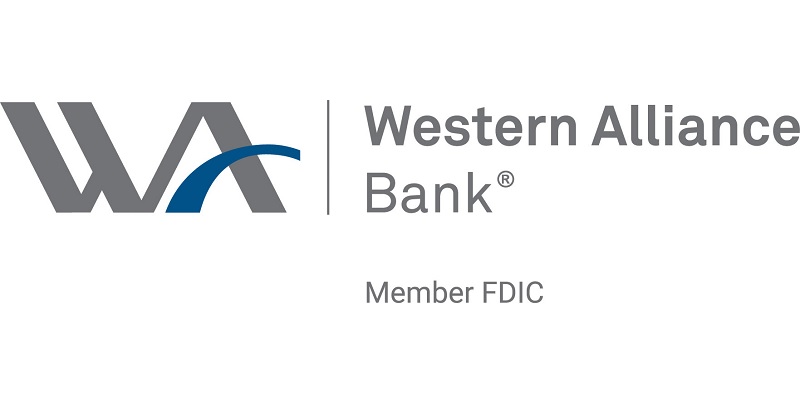 | Western Alliance Bank High-Yield Savings Premier: Available nationwide, the Western Alliance Bank High-Yield Savings Premier account offers 4.30% APY. FDIC insured. Open your account online in five minutes or less. No account activity or maintenance fees. Learn More---Review |
Accounts for Investing
It’s also important to have investment accounts for your future, in particular for retirement or a house down payment. Unlike an emergency fund, these are planned expenses that will come to pass, but they’re still years in the future.
Many people invest their savings in equities such as stocks, bonds, index funds, and mutual funds. These investment accounts generally allow your money to grow to a much greater value over time. On the other hand, they’re not insured, and there’s also the possibility that you’ll lose a great deal of money.
That’s why most people prefer to keep their investments in a bank account where it earns a smaller rate and is insured. We recommend you to speak with a financial adviser for these big life decisions!
However, since we’re on the topic of bank accounts, there are a few you might consider adding to your arsenal:
Certificates of Deposits (CD or Share Certificates at credit unions) are time deposit accounts. When you open a CD, you deposit a set amount of money into your accounts, typically between $500 to $1,000 or more!
You agree to hold that money in the account for a set period of time, ranging from a few months to several years. During that time, you’re not allowed to withdraw or access the money in your account. If you do, you’ll be charged a penalty.
Once your CD matures, you’ll receive your original deposit plus the interest earned on your account. CDs generally offer higher interest rates than any other account type at a bank or credit union.
Because of the timed deposit feature and higher interest rates, these accounts are especially good if you already have a large amount of money that you won’t need until a later date.
You can find and compare the Best CD Rates here!
Money Market Accounts work much like savings accounts. They typically require a higher deposit than a savings account, but they also come with higher interest rates.
Unlike a CD, you can withdraw funds from your money market account whenever you want as long as you stay under the monthly withdrawal limits. The interest rates on these accounts are typically between that of a regular savings account and a CD account.
These accounts are especially good if you have a higher dollar amount to save, but still may need to access it at any time. If you have a large emergency fund, a money market account can be a great place to store it.
Check out various money market account offers from banks and credit unions across the nation with our Best Money Market Rates for 2019!
Some banks and credit unions also offer traditional investment accounts in addition to the equity investments mentioned above. These can be great ways to grow your long term savings such as your retirement funds.
Keep in mind the fees that a bank r credit union may charge for these accounts. banks and credit unions may charge a higher fee than working directly with a brokerage such as Vanguard or Fidelity.
If you happen to use these investment accounts to supplement your retirement savings, it’s usually enough to have just one Traditional IRA or a Roth IRA account. If you’re self-employed, you may also be able to choose from other retirement savings accounts, such as a SEP IRA or Solo 401(k).
 | BMO Bank Checking: Open a new BMO Smart Advantage Checking Account and get a $350 cash bonus* when you have a total of at least $4,000 in qualifying direct deposits within the first 90 days. Learn More---BMO Checking Review *Conditions Apply. Accounts are subject to approval and available in the U.S. by BMO Bank N.A. Member FDIC. $4,000 in qualifying direct deposits within 90 days of account opening. |
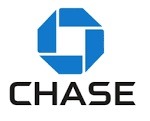 | Chase Total Checking®: Earn $300 bonus when you open a new Total Checking® account and make direct deposits totaling $500 or more within 90 days of coupon enrollment. Apply Now---Chase Total Checking Review |
 | Chase Private Client: Enjoy up to $3,000 bonus when you open a new Chase Private Client Checking account with qualifying activities. Get more from a personalized relationship when you open a new Chase Private Client Checking account with qualifying activities. Learn More---Chase Private Client Review |
How Many Bank Accounts Should I Have in Total?
How many bank accounts you should have depends on your individual situation and your financial goals. Most people prefer three bank accounts at a minimum: checking account, savings account, and an account for retirement savings (this can be held at a brokerage instead).
Most people are better served with this minimum three account setup plus at least a few extra savings accounts for long-term and short-term savings goals. Married couples who find it difficult to manage money together may also want to keep individual checking accounts.
When it comes to managing your finances, oftentimes keeping it simple when it comes to the question of using multiple bank accounts for budgeting is the best solution. Minimizing your number of accounts will help you stay organized and manage your money with confidence.
Bottom Line
How many bank accounts you should have depends on your individual situation and your financial goals. When it comes to managing your finances, often times keeping it simple when it comes to the question of using multiple bank accounts for budgeting is the best solution.
Minimizing your number of accounts will help you stay organized and manage your money with confidence! If you’re looking or interested in a new bank, check out our full list of Best Bank Promotions for more options! While you’re here on HMB, check out our bank guide that might answer any questions you have!
 | Chase Business Complete Checking®: Earn $300 or $500 when you open a new Chase Business Complete Checking® account. For new Chase business checking customers with qualifying activities. Chase offers financial products and services that let you bank when and how you want. Get Coupon---Chase Business Checking Review |
 | Huntington Unlimited Business Checking: Earn $400 bonus when you open a Huntington Unlimited Business Checking account and make total deposits of at least $5,000 within 60 days of account opening. The $400 bonus will be deposited into your account after all requirements are met. This account is for businesses with higher checking activity and greater cash flow needs. Apply Now---Huntington Unlimited Business Checking Review |
| U.S. Bank Business Checking: Earn a $500 bonus when you open a Silver Business Checking Account or $900 when you open a Platinum Business Checking Account online with promo code Q1AFL25 and complete qualifying activities, subject to certain terms and limitations. Offer valid through March 31, 2025. Member FDIC. Apply Now---U.S. Bank Business Checking Review |
|
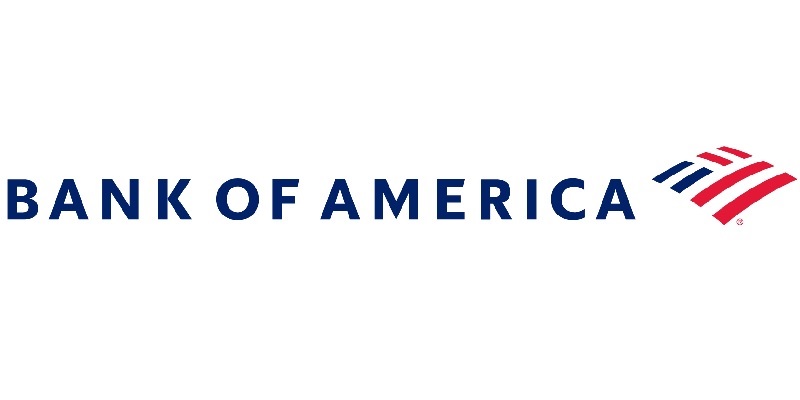 | Bank of America Business Advantage Checking Bonus Offer Open a new Bank of America Business Advantage checking account and complete the eligible requirements to earn a $200 cash bonus offer. See offer page for more details. Additional terms and conditions apply. See offer page for more details. Learn More---Bank of America Business Checking Review |

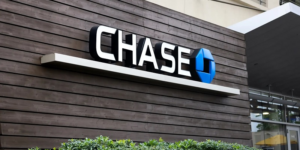
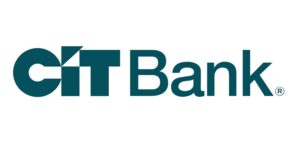

Leave a Reply